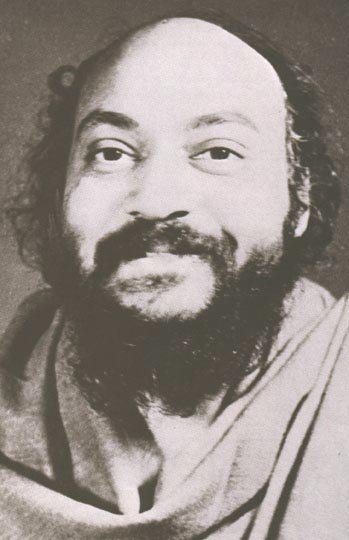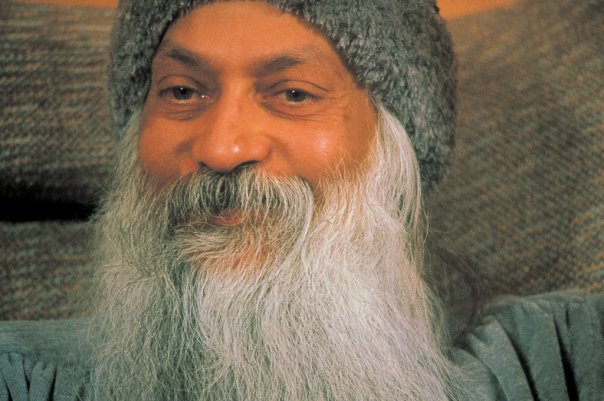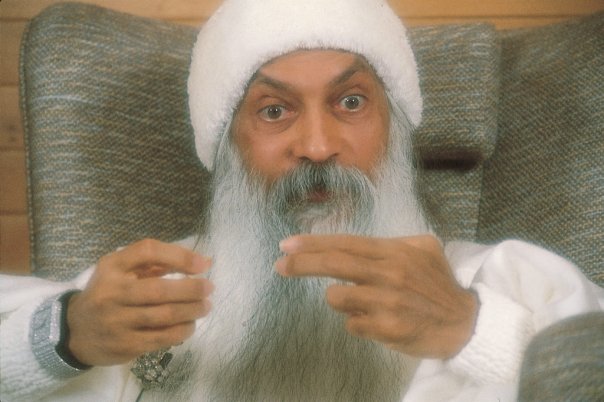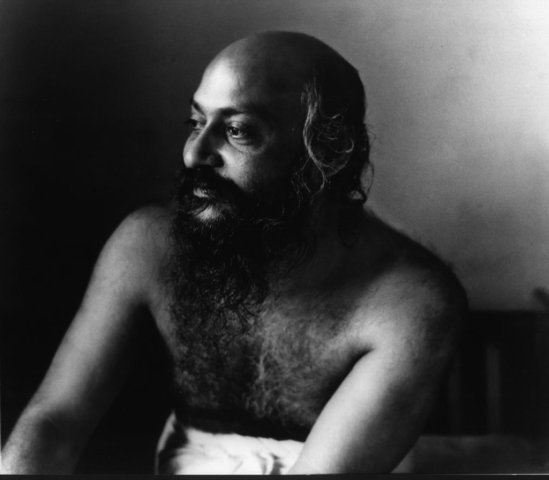Osho Quotes on Renunciation
- Renunciation means: wherever you are, there is no need to renounce the things because in the first place you never possessed them. It is foolish to talk about renunciation. It means as if you were the possessor and now you are renouncing. How can you renounce something which you never possessed? Renunciation means coming to know that you cannot possess anything. You can use, at the most, but you cannot possess. You are not going to be here forever — how can you possess? It is impossible to possess anything. You can use and you can be grateful to things that they allow themselves to be used. You should be thankful to things that they allow themselves to be used. They become means, but you cannot possess them.
- Dropping the idea of ownership is renunciation. Renunciation is not dropping the possessions but possessiveness. And this is what Gurdjieff calls getting unidentified. This is what Bauls call realizing ‘Ardhar Manush’ — the essential man. This is what Zen people call the original face.
- Zen says escaping is not renunciation — that’s my message also.
- Remember, if you renounce the world through a failure it is not renunciation, it is not sannyas, it is not true. If you renounce the world through understanding, that is totally different. You don’t renounce it as a sad effort, with frustration within, failure all around. You don’t do it like a suicide, remember. If your sannyas is a suicide, then flowers will not shower on you — then you are leaving….
- Your monks and your munis and sadhus who are sitting in the temples and monasteries, in the Himalayan caves, are just escapists. Renounce! — but there is no need to escape. Renounce and still be here. Be in the world, but don’t be of the world. Remain in the crowd and remain alone. Do a thousand and one things — whatsoever is needed, do it — but never be the doer. Don’t gather the ego — that’s all.
- I call a man a sannyasin who breaks out of these institutions and lives spontaneously. To be a sannyasin is the most courageous act possible. To be a sannyasin means to live without the mind, and the moment you live without mind you live without society. The mind has created society, and society has created the mind; they are interdependent. To be a sannyasin means to renounce all that is false but not to renounce the world, to renounce all that is unauthentic, to renounce all the answers, to be responsive, spontaneously responsive, and not to think about the reasons, but to be real.
- When you are meditating, always remember that the periphery is not to be lost permanently. You have to come to the periphery again and again so the route remains clear and the path remains there. Hence my insistence to meditate but not to renounce the world. Meditate in the morning and then go to the market; meditate in the morning and then go to your office. Meditate and then make love! Don’t create any dichotomy, don’t create any conflict.
- Remember: if you renounce mind and live life you are a true sannyasin; if you renounce life and live mind you are an untrue sannyasin, you are a pseudo-sannyasin. And remember well, to be pseudo is always easier; to be real is always difficult. To live with a wife and to be happy is really difficult; to live with children and to be blissful is really difficult. To work in a shop, in an office, in a factory and to be ecstatic is the real difficulty. To leave everything and just sit under a tree and feel happy is not difficult — anybody will feel that way. Nothing to do, you can be detached; everything to do, you become attached. But when you do everything AND remain unattached, when you move with the crowd, in the world and yet alone, then something real is happening.
- I don’t mean become a beggar, and I don’t mean renounce the world. I mean be in the world but don’t be of the world. Don’t accumulate inside, be poor in spirit. Never possess anything — and then you are ready to die. Possessiveness is the problem, not life itself. The more you possess, the more you are afraid to lose. If you don’t possess anything, if your purity, if your spirit is uncontaminated by anything, if you are simply there alone, you can disappear any moment; whenever death knocks on the door it will find you ready. You are not losing anything. By going with death you are not a loser. You may be moving into a new experience.
- The mind is very clever. If you say, ‘Drop money’ the mind says, ‘Okay. Can I cling to meditation?’ If you say to the mind, ‘Renounce the world’ the mind says, ‘Okay. Can I now possess spiritual experiences?’ If you say, ‘Renounce the world’ the mind says, ‘I can renounce the world, but now I will cling to the idea of God.’
- Don’t indulge too much and don’t renounce too much. Don’t be only in the world and don’t escape out of it. Go on keeping a balance. When you feel that now you are falling into too much indulgence, lean towards renunciation, and when you feel that now you are going to become a renunciate, an ascetic, lean back again to indulgence. Keep in the middle.
- Renunciation is not once and for all. You have to renounce every moment; whatsoever is gathered you have to renounce. Only then renunciation remains a revolution. And not only do you have to renounce ordinary things of the world, you have to renounce ordinary ideologies also — Jewish, Christian, Hindu, Mohammedan. You have to renounce thoughts so that you can remain in a pure mirrorlike reflection. Then your consciousness can remain undisturbed, uncoloured by any thought, you can see into things directly and your consciousness is not distracted or distorted by any prejudice.
- In India it happens many times, more often than not: people abandon their possessions, they renounce, but if you watch them you will see they have not abandoned their greed. In fact, they have renounced BECAUSE of the greed. I know one man who renounced almost a million rupees many years ago, but he still goes on talking about it. Thirty years have passed, and whenever I meet him, he will again and again bring the subject up that he has renounced a million rupees. And you can see the light that starts shining in his eyes — a million rupees!
- You can renounce, but if you enjoy ego through it, if you feel that you are a great man of renunciation, a MAHATMA, a great soul because you have renounced, you are not an ordinary man, you are not worldly, then your renunciation is not true. When is the renunciation true? — when you understand the futility. Not out of greed, not because you have to earn something in the other world, but just seeing the futility of it all, you renounce. This renunciation has no effort in it, just a deep insight. Every morning you clean your house and throw the rubbish on the rubbish heap, but you don’t go declaring and advertising to the whole town that again you have renounced much rubbish, again this morning you have done a great deed of renunciation. No, you know that it is rubbish — finished. What is there to tell about it?



